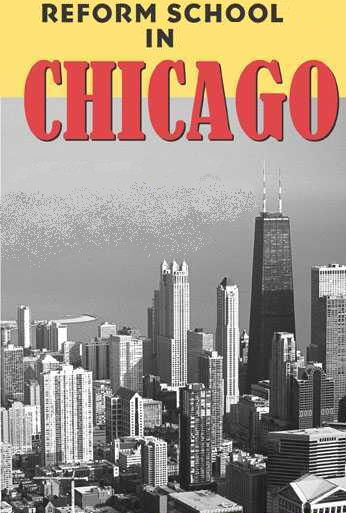 The Chicago
Reform School
The Chicago
Reform School The Chicago
Reform School
The Chicago
Reform School
|
Mid-nineteenth century the child-savers movement began. This movement brought a combination of Christian principles and a strong emphasis on the worth of the individual. |
|
|
The reform school was a product of this movement, which embodied the atmosphere of a Christian home. |
|
|
In the 1860s, the Chicago Reform School opened and acted as an early model for the reform school movement. The movement focused on pre-delinquent youths that showed tendencies toward more serious criminal involvement. |
|
|
In the 1870s, the case of O'Connell v. Turner put the reform school movement out of business. Daniel O'Connell was committed to the Chicago Reform School for "misfortune". Being classified as "misfortune" didn't mean that O'Connell had committed any offense, but that his family could not care for him or that he was seen as a social misfit. Because O'Connell had not committed a crime the Illinois Supreme Court ordered him to be released, their reasoning was that the power of the state under parens patriae could not exceed the power of the natural parent except in punishing a crime. |